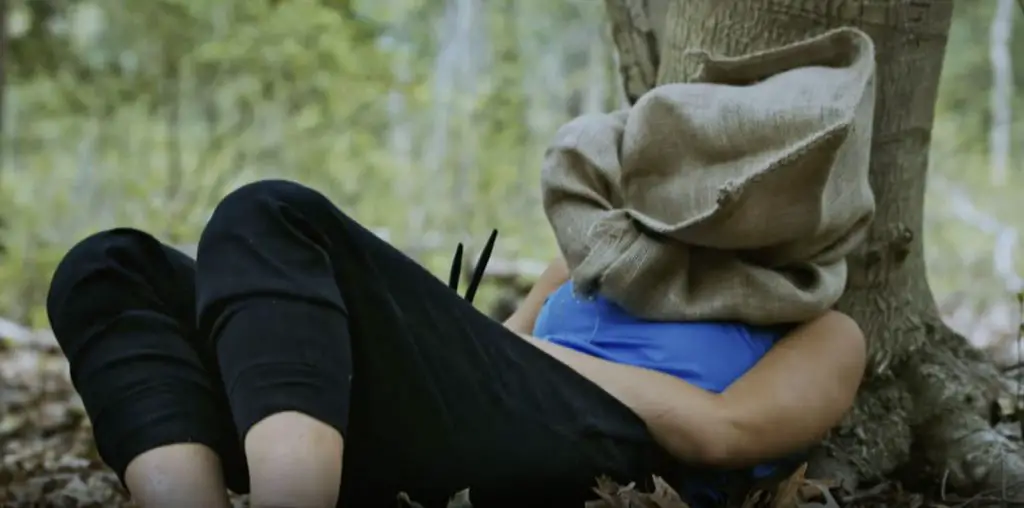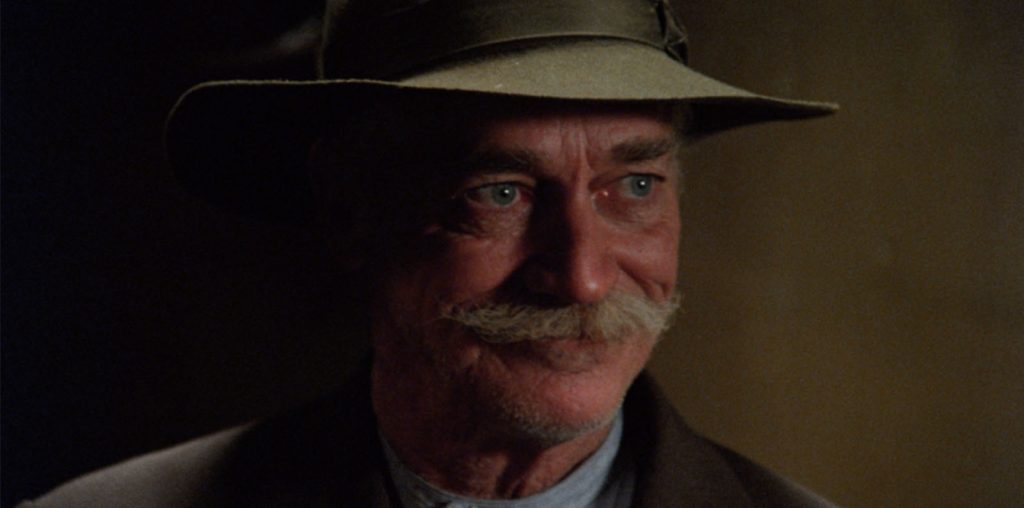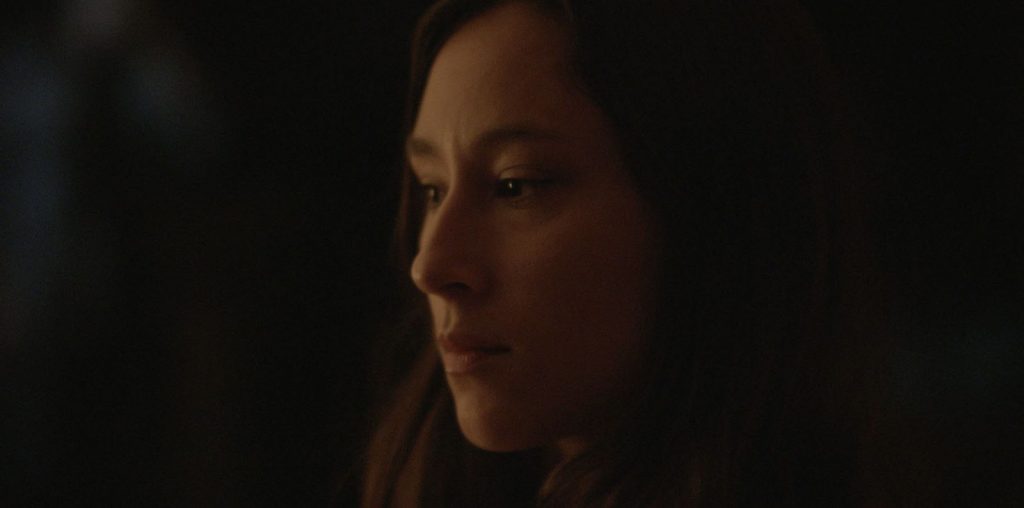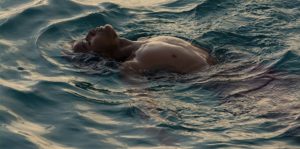
What a fragile thing a young mind is, so easily shaped by circumstance. If subjected to continuous pain and suffering, a child will either perish or become a beast themself, consequently inflicting said suffering upon others. Rodd Rathjen’s searing drama Buoyancy offers a third scenario, wherein a young man’s inherent humanity seems to prevail, even after witnessing the depths of depravity. He may never be the same, yet among all the sunken dreams, hope continues to float.
Up until the bittersweet ending, Rathjen does not flinch away from graphic, prolonged displays of violence, plunging his viewer straights into the maw of hell. His chronicle of a 14-year-old’s ordeals – after being sold as a slave laborer to a callous captain of a Thai fishing vessel – is a grueling affair, purposefully so, bringing to mind Steve McQueen’s similarly relentless 12 Years a Slave. There’s not much respite to be found in those bloodied waters, nary a buoy to grasp.
Chakra (Sarm Heng) is sick of living in a dilapidated hut, constantly doing manual labor. He seeds rice, he climbs up treacherous palm trees and carries heavy sacks. “Why did you have so many kids?” he asks his parents accusingly. “No girl loves me,” Chakra says at another point while hanging out with his friends. He then laughs and spits, “They’re too rich.” Despite the hardships, his life is comparatively carefree. He plays soccer and goes swimming and hits on girls.
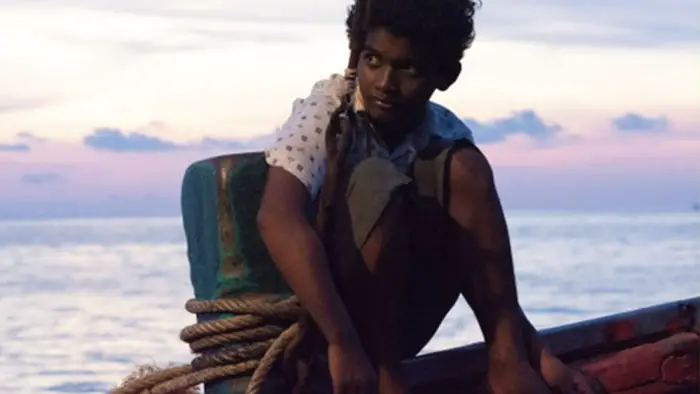
“…the poor boy slapped around, sorts through endless piles of rancid fish, witnesses his fellow slaves being tossed into the water, one by one…”
Still, Chakra wants more. He hears of an opportunity to make some real money on a boat. The catch? Chakra has to pay $500 upfront or work forever to repay his debt. And so it goes: the poor boy gets slapped around, sorts through endless piles of rancid fish, witnesses his fellow slaves being tossed into the water, one by one – with no chance of escaping. Yet he perseveres – so much so that the cruel captain takes a liking to him. “I’m going to look after you,” he tells Chakra. Chakra may have plans of his own.
Rathjen manages to avoid gratuity by imbuing the most horrid scenes with a heavy, forlorn lyricism. When a young man gets thrown overboard for attempting to escape, Michael Latham’s camera submerges into the oceanic depths with him, catching the last glimmer of magnified light bouncing off the chains that weigh his thin body further and further down. When a man gets torn in half by being tied to two boats (an homage to The Hitcher?), Rathjen focuses not on the gore but on Chakra’s reaction when he feels the rip reverberate.
Rathjen’s verite approach is so on-point, one can almost smell the stink of the fish, feel nauseous from the constant rocking of the decrepit boat, therefore rendering the horrors that much more visceral. But that also translates to the little moments, all of which add up to immerse us into a dank, foul world, where men thrust their fingers into their slaves’ noses after sex, inquiring whether they “smell good.” Beads of sweat run down the backs of child laborers, and the ocean glares on, uncaring and majestic.
Sarm Heng graces every frame with his deeply expressive features, but there’s an enthralling ambiguity to his reactions. It’s almost as if Chakra were so determined to break out from his terroir, he’s willing to go to unimaginable lengths, overlook the horrors, become the alpha male, whatever it takes. Ultimately though, Buoyancy is a dark coming-of-age tale of a young mind emerging more-or-less intact from a swamp of horrors. Or does it? Can one come back from something like this? In Chakra’s case, the long-term psychological effects will manifest themselves with time. For now, a simple offer of a soda from a stranger resembles a sole buoy amidst churning waters.
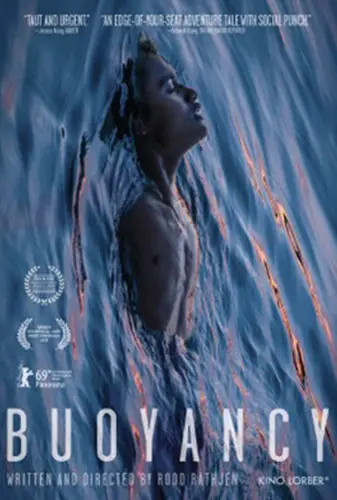
"…a dark coming-of-age tale of a young mind emerging more-or-less intact from a swamp of horrors. Or does it?"
